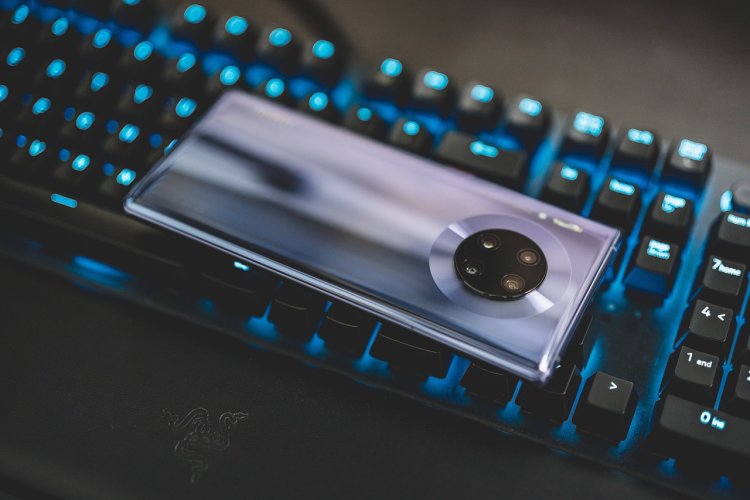A letter from a Democratic legislator criticizes Biden for using a TSMC processor in a Huawei device.
Washington, Senator Mark Warner, a Democrat, exposed the Biden administration's "apparent lax monitoring" of TSMC (2330.TW) after it was revealed that a chip developed by the Taiwanese company had been used in a product manufactured by Huawei, a company that is strongly sanctioned in China. After TSMC told the U.S. that one of its chips had been discovered in a Huawei AI processor, potentially violating U.S. restrictions on the Chinese telecommunications equipment manufacturer, the powerful lawmaker also criticized the government for "repeated leadership failures" in enforcing U.S. export regulations in a letter obtained by Reuters.

Washington, Senator Mark Warner, a Democrat, exposed the Biden administration's "apparent lax monitoring" of TSMC (2330.TW) after it was revealed that a chip developed by the Taiwanese company had been used in a product manufactured by Huawei, a company that is strongly sanctioned in China. After TSMC told the U.S. that one of its chips had been discovered in a Huawei AI processor, potentially violating U.S. restrictions on the Chinese telecommunications equipment manufacturer, the powerful lawmaker also criticized the government for "repeated leadership failures" in enforcing U.S. export regulations in a letter obtained by Reuters.
In the October letter to President Joe Biden, Warner, the head of the influential Senate Intelligence Committee, stated that "TSMC’s production of chips for Huawei has serious implications for U.S. national security." "I urge you to swiftly take immediate steps to assess and strengthen the efficacy of existing controls," he said.Requests for comment were not answered by Huawei or the White House. TSMC chose not to respond. According to a statement from the Commerce Department, which is in charge of export policy, "No Commerce Department in history has been tougher on China.
" It highlighted its actions last year, including a record number of prosecutions, "extensive" new regulations, and the addition of more than 400 Chinese companies to a list of trade restrictions. "We will continue to use all of our tools — administrative, criminal, and regulatory — to safeguard U.S. national security," said the statement. The U.S. export restrictions are opposed by the Chinese Embassy in Washington, which also calls on the country to "stop overstretching the concept of national security and abusing the state power to suppress Chinese companies."
The letter, written by a fellow Democrat, demonstrates the legislators' rising, bipartisan concern that Washington is not acting aggressively enough to stop Beijing's technical advancement. The United States is concerned that China would utilize the technology to improve its military prowess. The House of Representatives Select Committee on China is chaired by Republican congressman John Moolenaar, who stated last week that the TSMC chip is "a catastrophic failure" of U.S. export control policy. He also demanded that Commerce and TSMC provide prompt answers to the extent of the "disaster."
In 2019, Huawei was placed on a trade restriction list because to concerns that its telecom equipment might be used for user eavesdropping, a claim that Huawei refutes. Due to the restriction, vendors from the United States and other countries must first secure a unique, challenging-to-get authorization before sending goods to Huawei. Nevertheless, despite Washington's best attempts to cripple China's capacity to make modern semiconductors, Huawei last year launched a new phone that was powered by a sophisticated processor, hailed as a sign of China's technical revival.
In an effort to limit China's access to sophisticated GPU chips, which facilitate artificial intelligence (AI), the United States has also implemented a number of limitations. Washington is concerned that these chips could be used to create bioweapons and conduct massive cyberattacks. According to Reuters, the TSMC chip was used in Huawei's Ascend 910B, the company's own GPU product, which reportedly aided Huawei's attempts to create a rival AI ecosystem, Warner said. Regarding whether TSMC is adhering to the Commerce Department's restrictions on the processing capacity of AI chips that can be exported to China, Warner continued, "this recent incident – and (the Commerce Department’s) apparent lax monitoring of TSMC’s compliance – raise questions."














